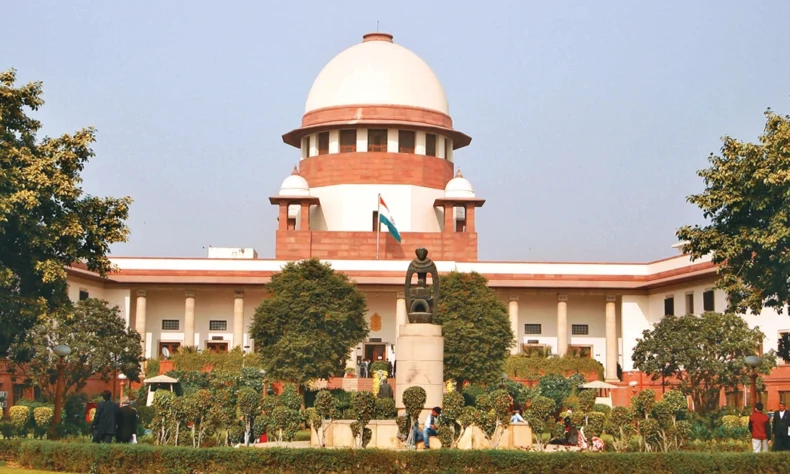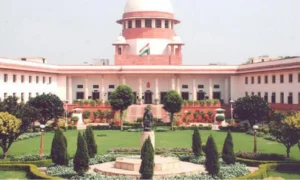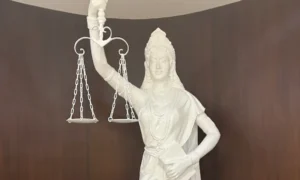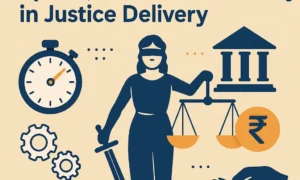
The Supreme Court of India has issued an interim stay on a controversial Madras High Court judgment that held individuals who marry under the Indian Christian Marriage Act, 1872, automatically renounce their native religion and thus lose eligibility for Scheduled Caste (SC) benefits. This ruling was based on the premise that such marriages signify a “deemed renunciation” of one’s original faith, leading to a forfeiture of SC status.
The High Court’s decision had significant implications for V. Amudharani, the Chairman of Theroor Town Panchayat in Kanyakumari district, who had contested a reserved SC seat after marrying a Christian man in 2005 under Christian rites.
Amudharani, originally from a Hindu Pallan (SC) community, argued that she had not converted to Christianity and continued to practice Hindu traditions. However, the High Court, referencing the marriage register and the fulfillment of Christian marriage rites, concluded that her voluntary submission to marriage under the Indian Christian Marriage Act amounted to conversion.
Consequently, the court disqualified her from holding the SC-reserved post, citing her new status as a Christian under the Constitution (Scheduled Castes) Order, 1950, which recognizes SC status only for individuals professing Hinduism, Sikhism, or Buddhism.
In response, Amudharani appealed to the Supreme Court, challenging the High Court’s interpretation and its impact on her eligibility. The Supreme Court bench, comprising Justices Vikram Nath and Prashant Kumar Mishra, issued notice on her petition and stayed the High Court’s order pending further consideration. The apex court’s intervention underscores the ongoing legal debate over the intersection of religion, caste identity, and eligibility for affirmative action benefits in India.
This case highlights the complexities surrounding the application of caste-based reservations, particularly concerning individuals who convert to or marry into religions not recognized under the reservation framework. The Supreme Court’s forthcoming decision will likely have broader implications for the interpretation of caste identity and eligibility criteria for SC benefits in similar contexts.
📰 Crime Today News is proudly sponsored by DRYFRUIT & CO – A Brand by eFabby Global LLC
Design & Developed by Yes Mom Hosting






